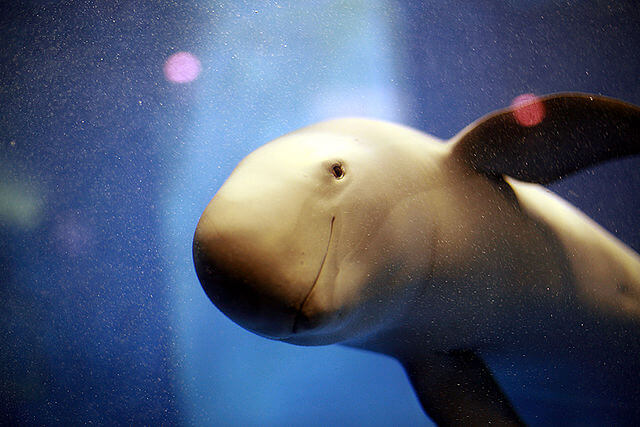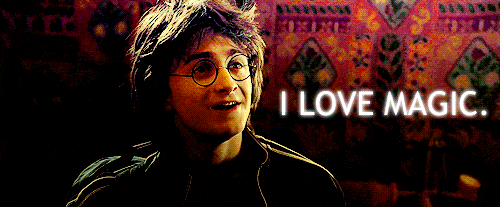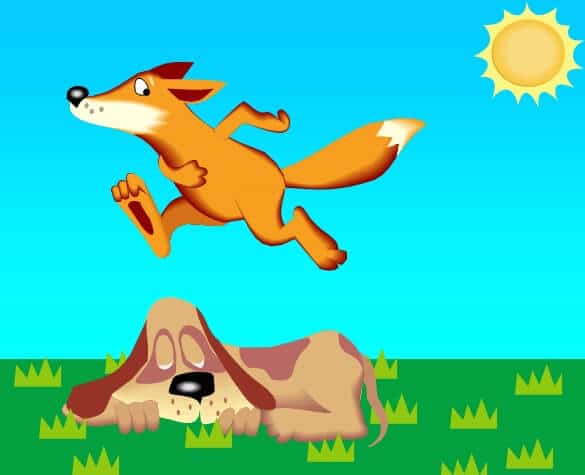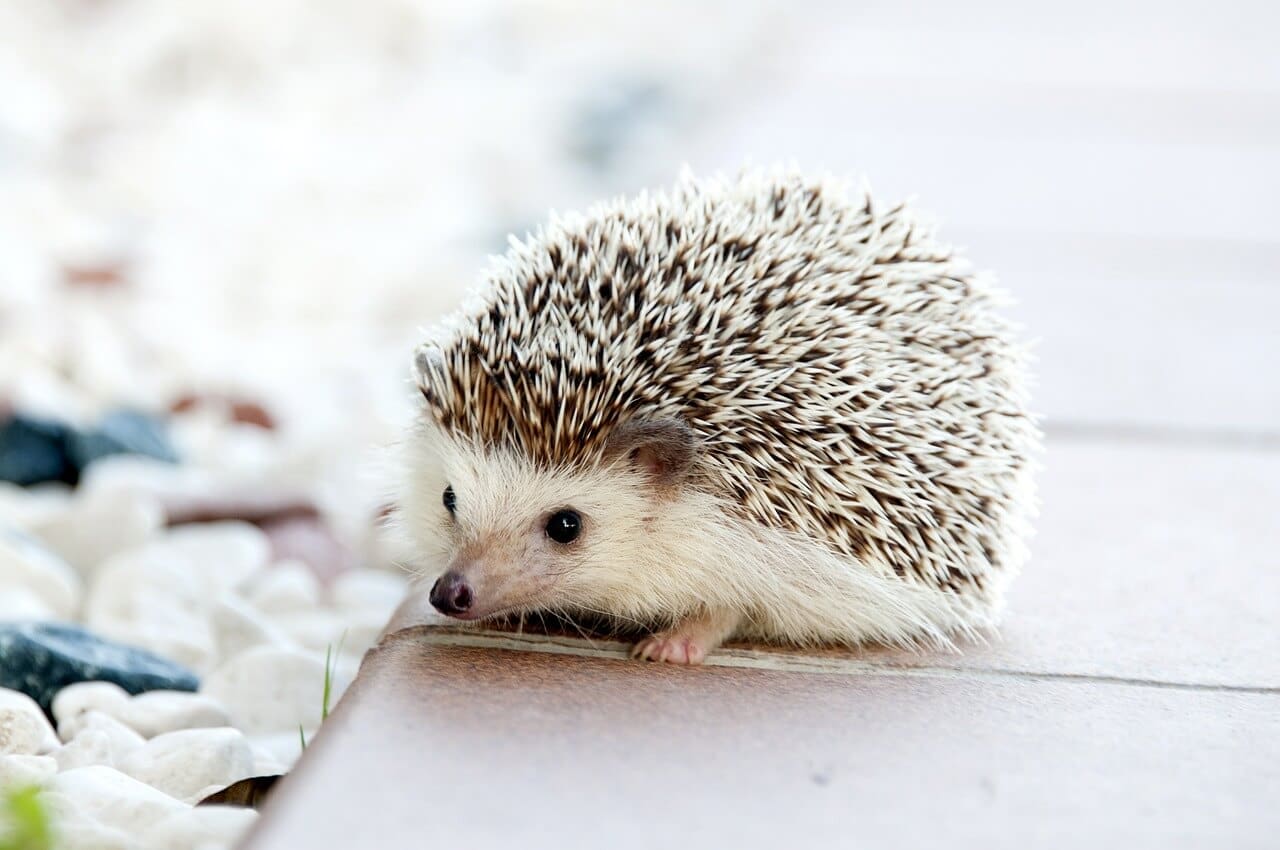The English language is kinda nuts, isn’t it? After being built up, mish-mashed, and altered over so many years, we now have this giant and wonderful hodgepodge of words to choose from when forming sentences. It makes writing nerds like me super happy (or is it elated … maybe ecstatic? No, definitely delighted!), and the best part is that we’re not even close to being done with all the additions and changes. Though, we could probably do without “LOL” in the dictionary. Who’s with me on this one?
Anyways, here at Magoosh we think it’s exciting to discover new English vocabulary to describe how we’re feeling, what we’re doing, and how we’re doing it. We enjoy new words so much that we even made an app for it — Vocabulary Builder — and here I am writing an entire blog post about words! (I have a life, I swear.)
So, in honor of the fantastic world of vocabulary, here are 20 weird facts from around the web that you probably never knew about English words!
-
The word “chicken” has been used to describe cowards since the 14th century, but it didn’t become popular slang in American culture until the 1940’s. Just 10 years after that, in 1953, kids started playing the game “chicken” to test the courage of their peers. (Source: Paul Anthony Jones / Huffington Post)
-
“Porpoise” (you know, those adorable dolphin-esque sea mammals) literally means “pork-fish.”
-
In Hollywood’s early days, people regularly threw custard pies at comedy sketches. Those pies were called “magoos.” (And yes, I included this because it kind of sounds like Magoosh.)
-
The shortest “-ology” is oology, which is the study of birds’ eggs. Egg collecting became popular in the 1800s before the invention of binoculars made it easier to study birds. Serious collectors were notoriously obsessive about obtaining rare bird eggs. For example, in 1872, Charles Bendire, a U.S. Army soldier and noted oologist, was willing to have his teeth broken to retrieve a rare hawk’s egg that got stuck in his mouth. (Apparently he put it there for safe keeping while he climbed back down the tree.)
-
“Abracadabra” has an adjective form! It’s “abracadabrant” and, according to the Learn English Network, it describes anything that seems to have happened by magic.
-
A “rounce-robble-hobble” was the nickname given to thunderclaps in Elizabethan English. (Source: Paul Anthony Jones / Huffington Post)
-
The name Rebecca can also be used as a verb to mean “demolish a gate.” If you have any friends named Rebecca, this is your cue to go tell her not to Rebecca. (Source: Paul Anthony Jones / Huffington Post)
-
The words “bookkeeper” and “bookkeeping” are the only words in the English language that has three consecutive double letters without needing a hyphen.
-
Any number with a series of repeating digits, like 7777, is called a “repdigit.” Makes total sense, actually.
-
“Pangram” = a sentence that contains all 26 letters of the English alphabet. Here’s one: “The quick brown fox jumps over the lazy dog.”
-
There are 10 words hidden inside the word “therein” — you don’t even need to rearrange it to find them! They are: the, there, he, in, rein, her, here, ere, therein, herein.
-
A 672-sided shape is called a “hexahectaheptacontakaidigon.” No thanks, not even going to try to pronounce that.
-
Never tell your significant other that they look “erinaceous” because it means they look like a hedgehog. Unless they think hedgehogs are cute, in which case, go for it.
-
Speaking of significant others, the Old English name for honeymoon is “flitterwochen,” which means “fleeting weeks.” Can we start using this one again?
-
The letter E makes up 11% of the entire English language.
-
“Uhtceare” (pronounced oot-kay-are-a) is a noun describing the act of waking up before dawn, but being so worried about something that you can’t go back to sleep. Some of our students may recognize this feeling as the one they experienced the night before the big test.
-
A “squib” means, technically, “a type of small explosive” or “the head of an asparagus” (big jump, I know). But if you’re like me, you’re thinking, “No, a squib is someone born into a wizarding family but doesn’t have any magic powers … like Filch.” Thanks, Harry Potter. If you’re not like me, the last two sentences never happened. (Source: Paul Anthony Jones / Huffington Post)
-
The word “eyeball” was invented by Shakespeare, along with hobnob, skim milk, and luggage.
-
The word “selfie” was the Oxford Dictionary’s Word of the Year in 2013 because the use of the term increased 17,000% from 2012 to 2013. (Source: Paul Anthony Jones / Huffington Post)
-
And finally, my favorite: To “snirtle” is to try and suppress a laugh. It’s classified as any suppressed laugh that’s a just bit shorter than a snicker or a snigger. I’m going to use this all the time. (Source: Paul Anthony Jones / Huffington Post)
Got a favorite factoid about English vocab you’d like to share? Tell us in the comments!






Leave a Reply